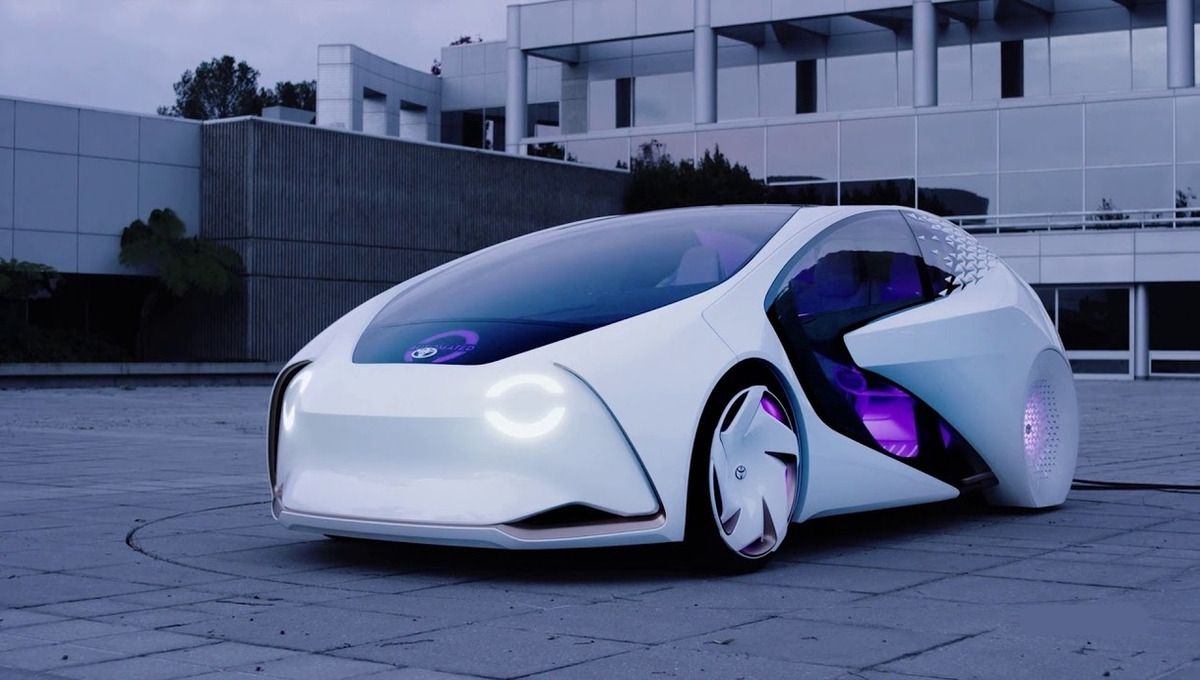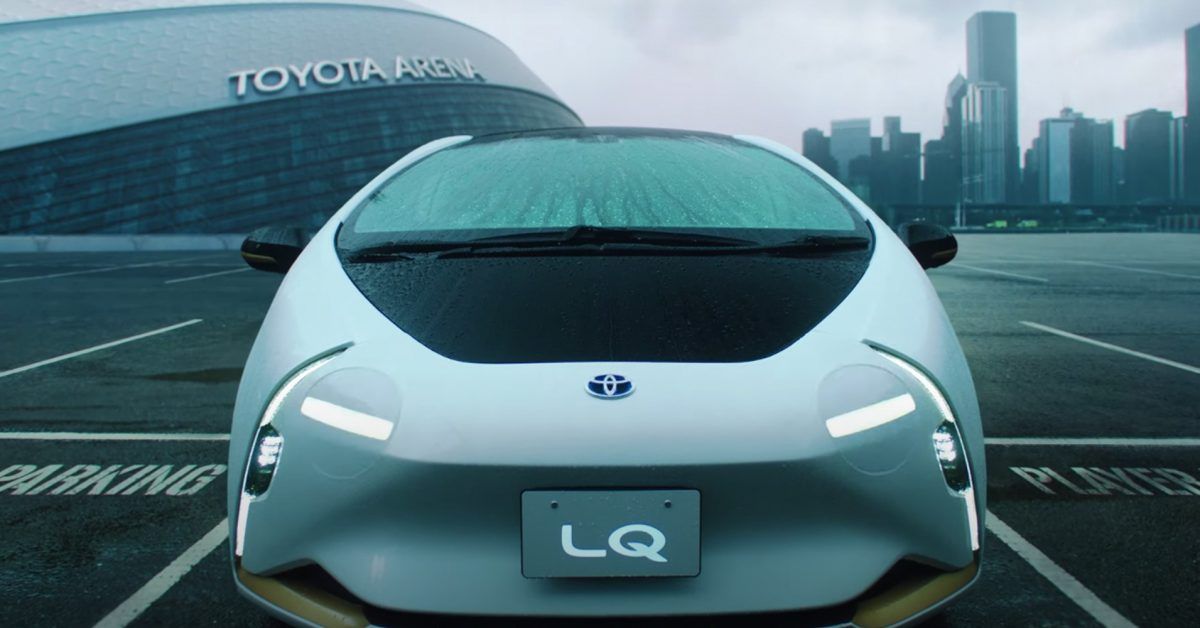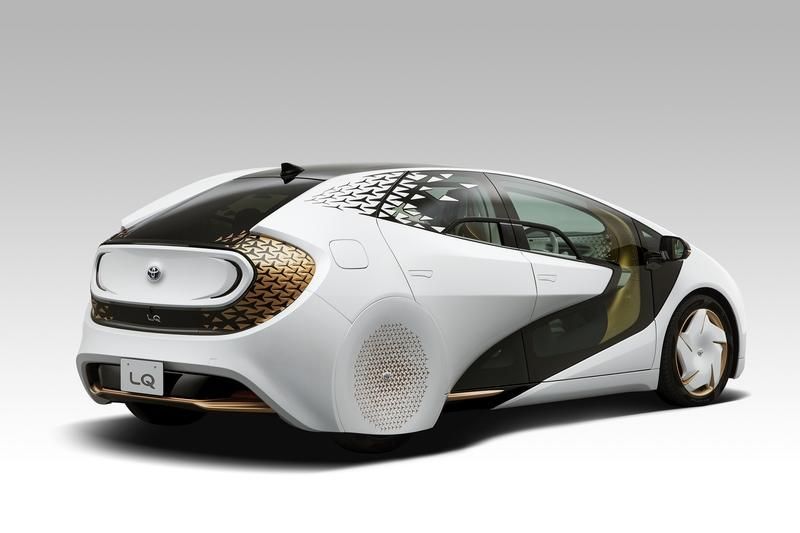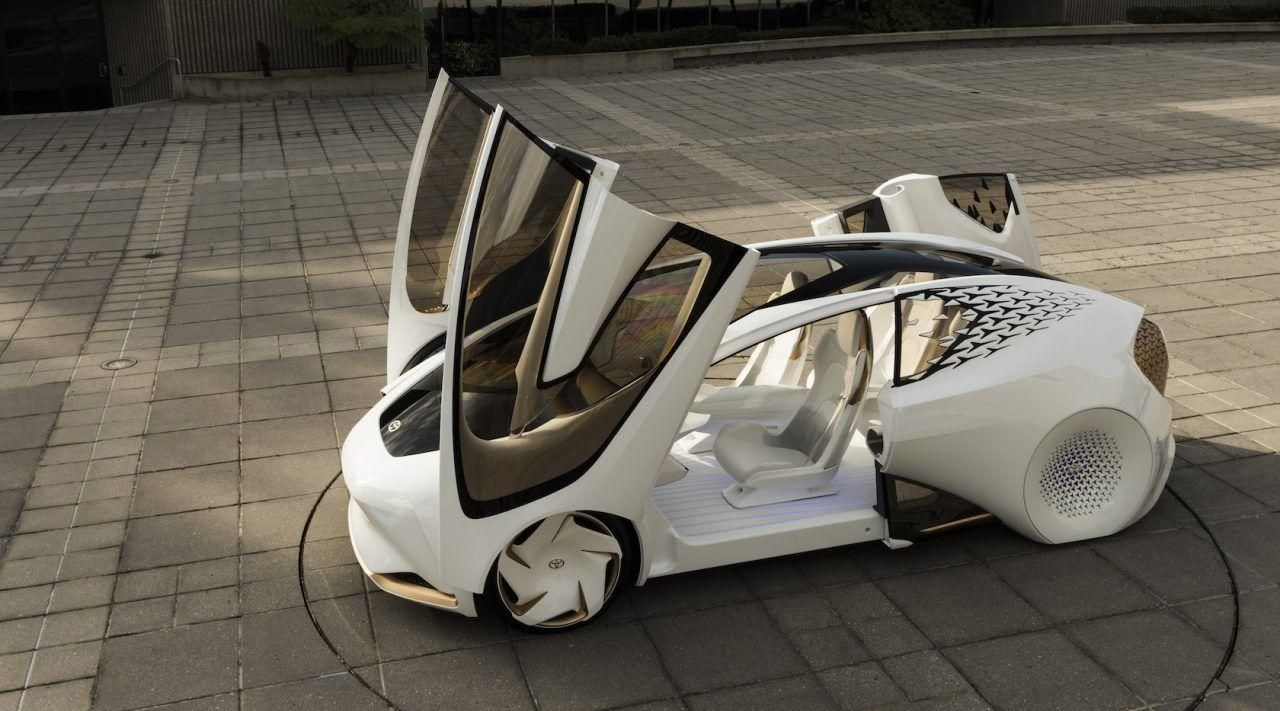Toyota, the second biggest car manufacturer in the world, has unveiled a prototype EV unlike any other. If the new prototype succeeds and its technology makes its way into the mainstream market, the technological advancements could change the way the world views EVs, so much so that it may convert gas engine loyalists to electric vehicle owners.
The LQ Concept was shown in a video published by Toyota on their own website, which shows the Toyota LQ concept running on a solid-state battery. While Toyota supplies much of the world’s gas, hybrid electric, and battery electric engines, a solid-state battery is completely new for mass manufacturing.
Here is why we are excited to see Toyota’s investments in solid-state battery technology.
Unbelievably Fast Charging
The biggest argument towards solid-state battery technology is the time it takes for a battery to fully charge. Today, companies such as Chevy, Tesla, and Nissan have all developed cars that run well on their own batteries, typically lithium-ion batteries, the hurdle of charging is one that we have still yet to cross.
Tesla has made the biggest strides in offering us fast charging options at home with their Tesla Wall Connector, offering 44 hours of range for every hour plugged in and charging.
Meanwhile, with solid-state battery technology, batteries can go from empty to fully charged in around 10 minutes.
This technology would rival even gas-powered engines in terms of convenience, making road trips a breeze in an EV.
Longevity That Rivals Gas Engines
Any car enthusiast will tell you that a modern gas engine will last anywhere from 150,000 to 200,000 miles without any major rebuilds or maintenance. In fact, most used cars are priced accordingly with 200,000 miles as the functional end of an engine’s life. While this isn't always the case, it has been the norm for gasoline engines for almost half a century.
As EVs have developed, their longevity has always been in question. As batteries of all types of applications seem to lose their power after a certain amount of charging cycles, how would battery-powered vehicles fare in the long run?
With solid-state batteries, it has been estimated that a vehicle would be able to go through around 250,000 miles of use while maintaining at least 80% of its power capacity. With that guarantee of longevity, these cars could prove to be family investments that last a generation.
No Compromising Elsewhere
With solid-state batteries, car designers can make cars look however they want. This could be a rebirth of automotive design, with solid-state batteries easy to hide among the car without being excessively bulky and heavy. With a low profile and low maintenance battery, solid-state vehicles can make automotive interior and exterior design a blank slate and we can see radically drastic designs we could have only imagined in the past.
Not only would design flourish, but a 300 miles range appears to be the standard for solid-state, meaning they keep up with the current lithium-ion battery range that we see on the market today.
With all of these features coming together, we may see the tide shift for electric cars. Electric cars are often only available to drivers who have a short commute and make enough money to afford the hefty price tag, but with solid-state technology featuring unbelievably fast charging, we may see the world get much greener in the coming years with EVs available to more of the general public.
If anyone can pull it off, Toyota can!




